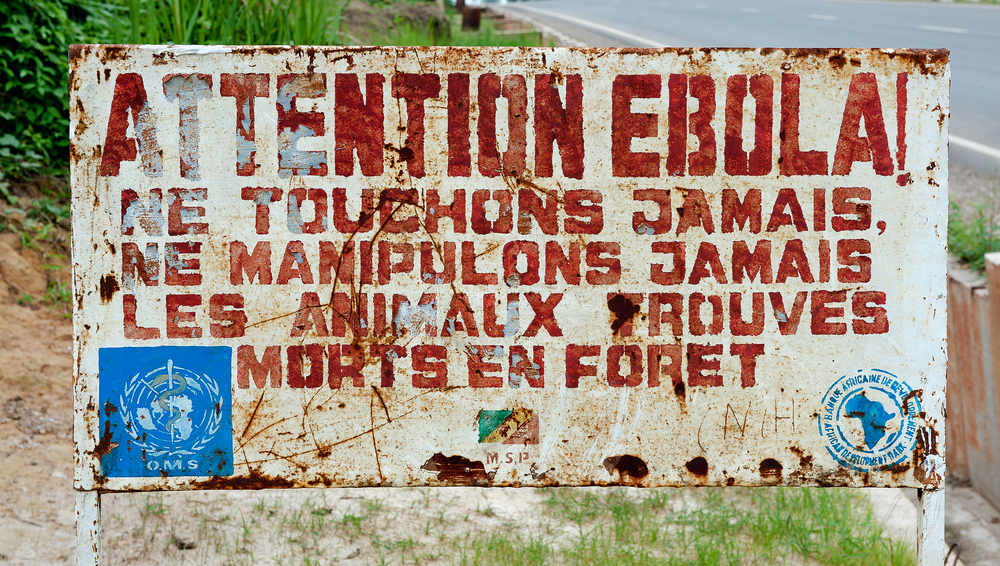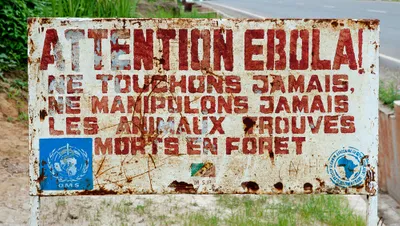A new report from the Centers for Disease Control and Prevention (CDC) finds that the growing Ebola epidemic could reach an incredible 1.4 million cases by the end of January 2015. The report comes as medical experts with the World Health Organization call for radical measures to curb the growing threat.
The CDC report suggests that there could be 21,000 cases of Ebola in West African nations Liberia and Sierra Leone by the end of this month, with the number skyrocketing to 1.4 million by January 20, 2015. The CDC acknowledges that this is a worst-case scenario, but insists that it’s a possible situation if effective control measures aren’t put in place immediately.
The CDC’s report is based on a mathematical examination of the epidemic. Researchers have created a model that can show them how different actions affect the epidemic’s impact.
Meanwhile, the World Health Organization has released its own very alarming report. WHO says it’s critical to put measures in place right now to prevent the epidemic from spreading.
“If we don’t do anything immediately then the exponential growth that has been forecast will continue, so far as we can see, and we’ll have not a few thousand cases but probably tens of thousands of cases,” noted WHO representative Christopher Dye.
The good news is that Western nations, including the United States, are finally starting to take action. The Obama administration recently committed to building more than a dozen medical treatment facilities in Liberia, while deploying 3,000 troops to help stabilize the situation. Britain and France have made similar promises in recent weeks, while the World Bank and UNICEF have discharged more than $1 million in food and other supplies to West Africa.
Still, Doctors Without Borders physician Dr. Armand Specher says it’s important the fight against Ebola be maintained. “It’s a big assumption that nothing will change in the current outbreak response,” noted Sprecher, who added that educating the public about the nature of Ebola must also be a priority.




